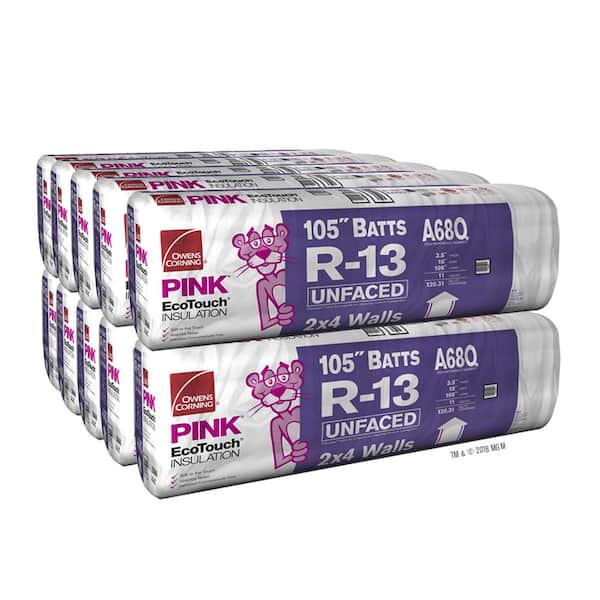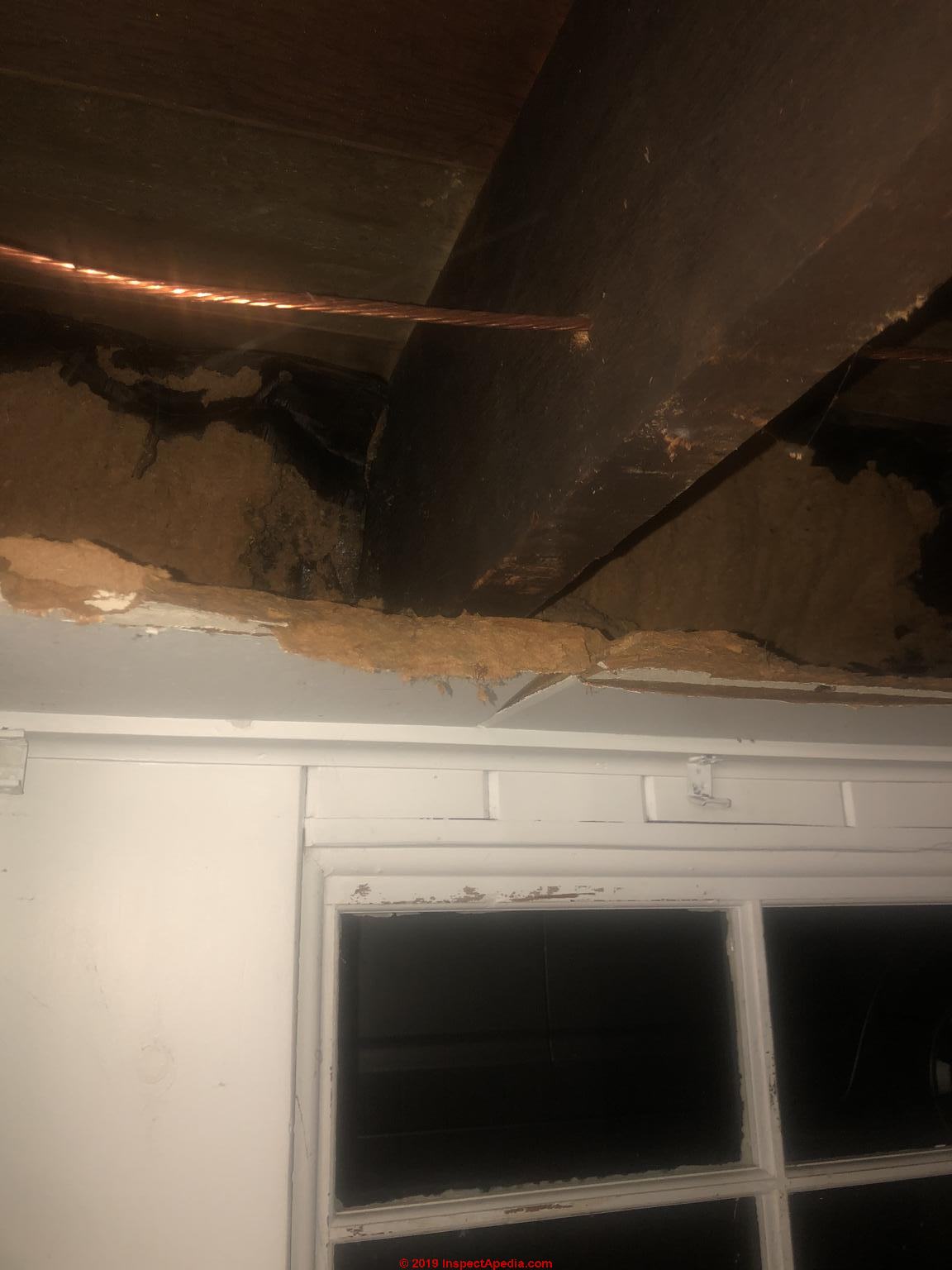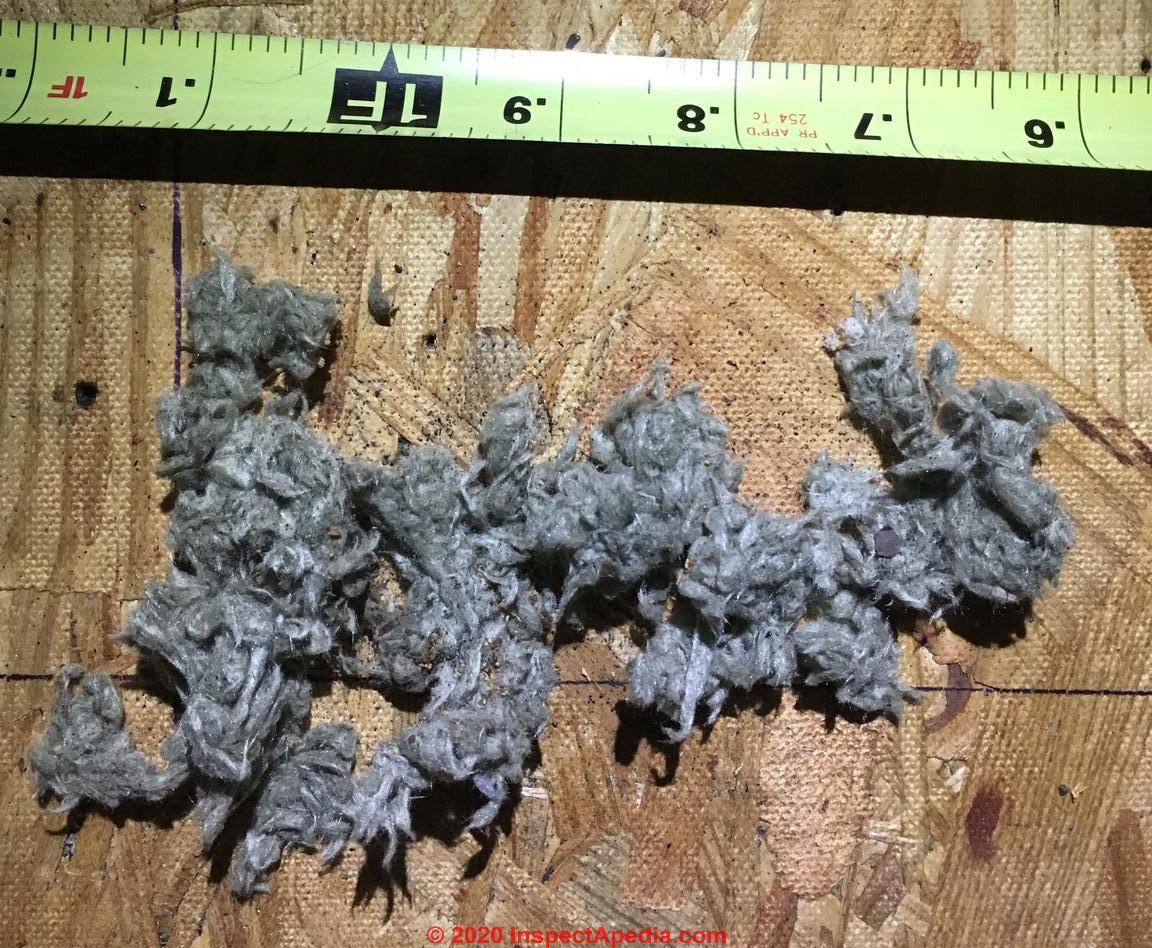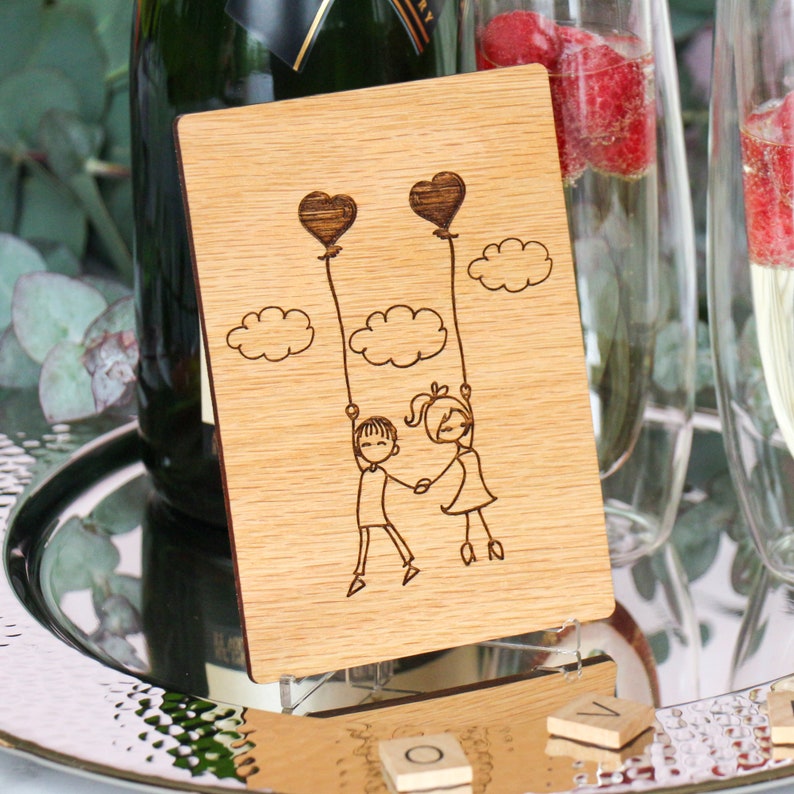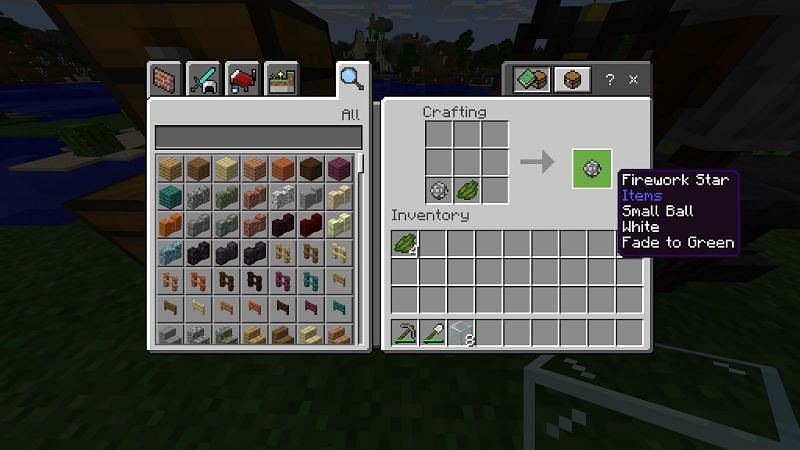Chew slowly to avoid biting your cheek or tongue, which is easier to do when your mouth is swollen. You can help your cut heal faster by keeping it clean and being very careful around the area to avoid further trauma or damage. If you were exposed to bacterial infection, a doctor may prescribe antibiotics.

Again, injuries would emerge form sporting activities. The severity of the wounds resulting from injuries would fundamentally hinge on the source. Some would be serious and thus leave permanent scars on lips. Many of the products applied on lips can also lead to wounds in this area.
Vitamin E Oil
Make sure you aren't touching the cut with your tongue or fingers. It's tempting to check on it, but touching it may get the wound dirty and slow down healing. Wash your hands regularly just in case you do touch it.

There are numerous studies on the antimicrobial, anti-inflammatory, and wound-healing properties of honey. It’s been used for centuries as a home remedy for skin care and a number of health conditions. Honey is known for its healing properties and has traditionally been used for healing cuts and scrapes. And this sweet remedy can work wonders on injured lips too – just make sure you resist the temptation to lick it off!
Olive oil
The cold temperature of the pack may help reduce swelling and minimize discomfort. It is important to rinse the saltwater off thoroughly after application and to avoid swallowing it. If this is too painful, just wash with soap and water or even rinse with plain water. Hydrate, moisturize your lips and generally take good care of them to avoid developments of complications. You should make efforts to stop lip licking or biting. If they are body compulsive actions, then you should see a professional therapist for help.
Use a cotton swab or a clean finger to dab the oil onto your lips. Studies have shown that applying sugar or honey to a wound before dressing it can reduce pain and prevent infection. If in doubt, ask your doctor or pharmacist which products might be best for your wound. Make sure you use your chosen product only as directed to avoid applying too much or too frequently. Use warm water and anti-bacterial hand soap, if you have it available.
Related Conditions
You can heal your sore lips by applying a petroleum-based product like Vaseline nightly to prevent them from drying out. When you apply lip balm, make sure to avoid products with eucalyptus or menthol, which, while soothing, can dry your lips out in the long run. Aside from moisturizing your lips, make sure to drink 9-13 glasses of water a day to keep the skin on your lips hydrated and prevent painful cracking.
Reduce swelling and pain by sucking on a popsicle. Avoid giving ice cubes to children due to choking risks. Read below to learn how to treat an oral cut and know when to get professional help. Oral injuries can accidentally happen during regular daily activities. Playing sports, doing yard work, accidentally biting your cheek while chewing, falling down, and even chewing on your pencil can all lead to an oral cut. Using petroleum jelly at least a week will heal those crusty, sore lips.
One of the most common causes of a busted lip is an injury from playing sports, such as basketball, football, or soccer. If a person falls or takes a blow to the face, they may bust their lip. Rinse the lip with cold water and check whether any areas are cut and not just bruised. Usually, a person will not need to wash the area with soap, especially if the injury is to the inner lip. Effect of a baking soda-peroxide dentifrice on post-surgical wound healing .
Mouth wounds are usually caused by either blunt trauma that cuts tissue, sharp objects, and/or by the persons own teeth . Most mouth wounds are caused by trauma, either by blunt trauma, a sharp object, and/or the individual's own teeth. While many injuries are unavoidable, a person can take a few steps to prevent serious cuts inside the mouth.
The person may also need pain relief medication, anti-inflammatory drugs, or both. Versions of these are available over the counter. If the cut is making eating difficult, stick to softer foods until the pain improves.

Do not touch the cut except when you are caring for it, as it will hurt and may cause infection by introducing dirt or bacteria. Bloodborne pathogens can easily be spread if proper precautions are not taken. Always wear rubber gloves and wash hands before and after treating someone else's wounds. You could see a dermatologist or plastic surgeon. Rarely, if the scar is very noticeable, the doctor may recommend surgery or another procedure to make the scar look better. Many small scars from many years ago may not be able to be improved much.
Contact a doctor if the injured person is having difficulty eating or drinking due to the cut. Avoid allergens and substances that would cause irritation on your lips. Work closely with your doctor to identify such substances.
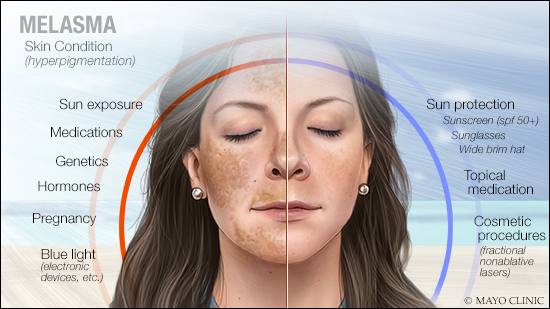
Sometimes, a busted lip may bleed a lot because the mouth and surrounding areas contain many blood vessels. For this reason, it can be hard to know when to use at-home treatments and when to see a doctor. Healthline has strict sourcing guidelines and relies on peer-reviewed studies, academic research institutions, and medical associations.
Make a paste of baking soda with water and apply it on the swollen lip. Leave it on for a few minutes before rinsing it off. You can repeat the process if the swelling doesn’t reduce. Don’t apply any creams to the inside of the mouth, but check on the wound every day and call a doctor if it isn’t healing properly or if pain worsens.




